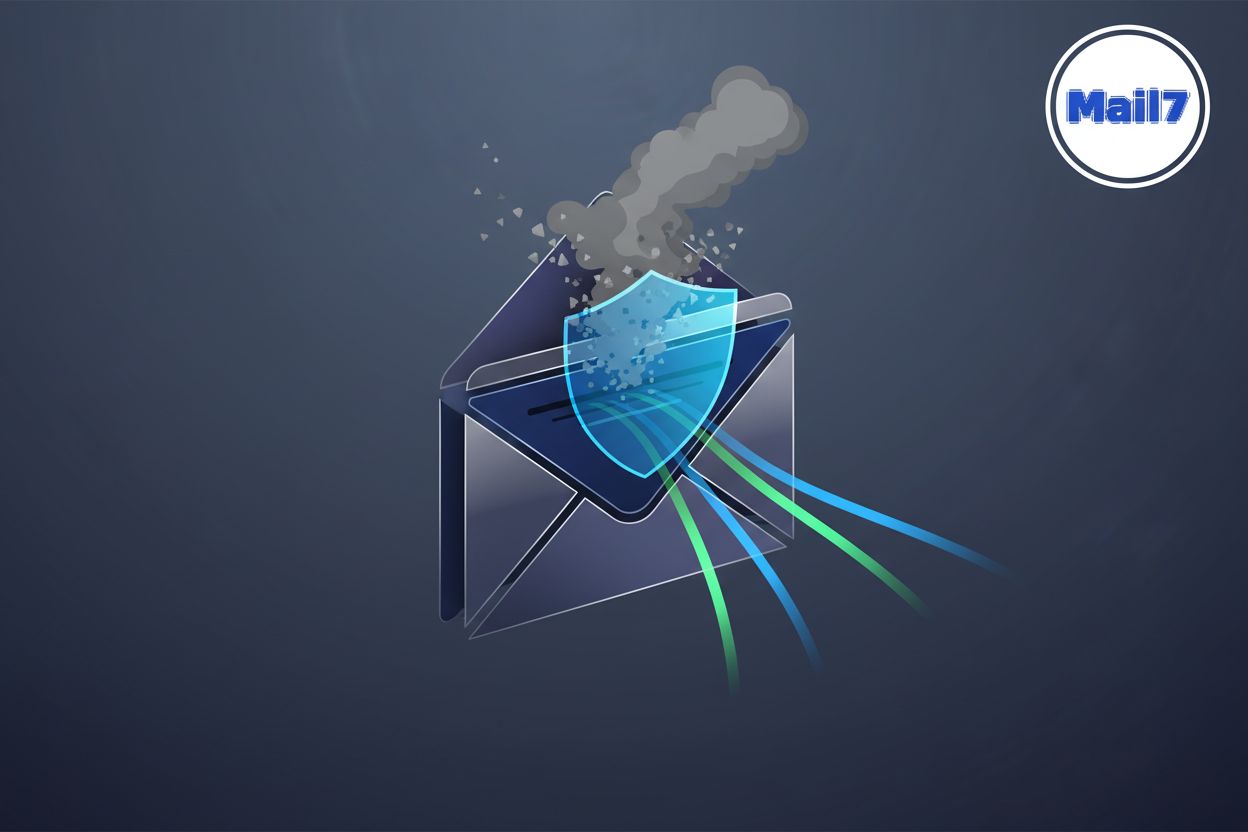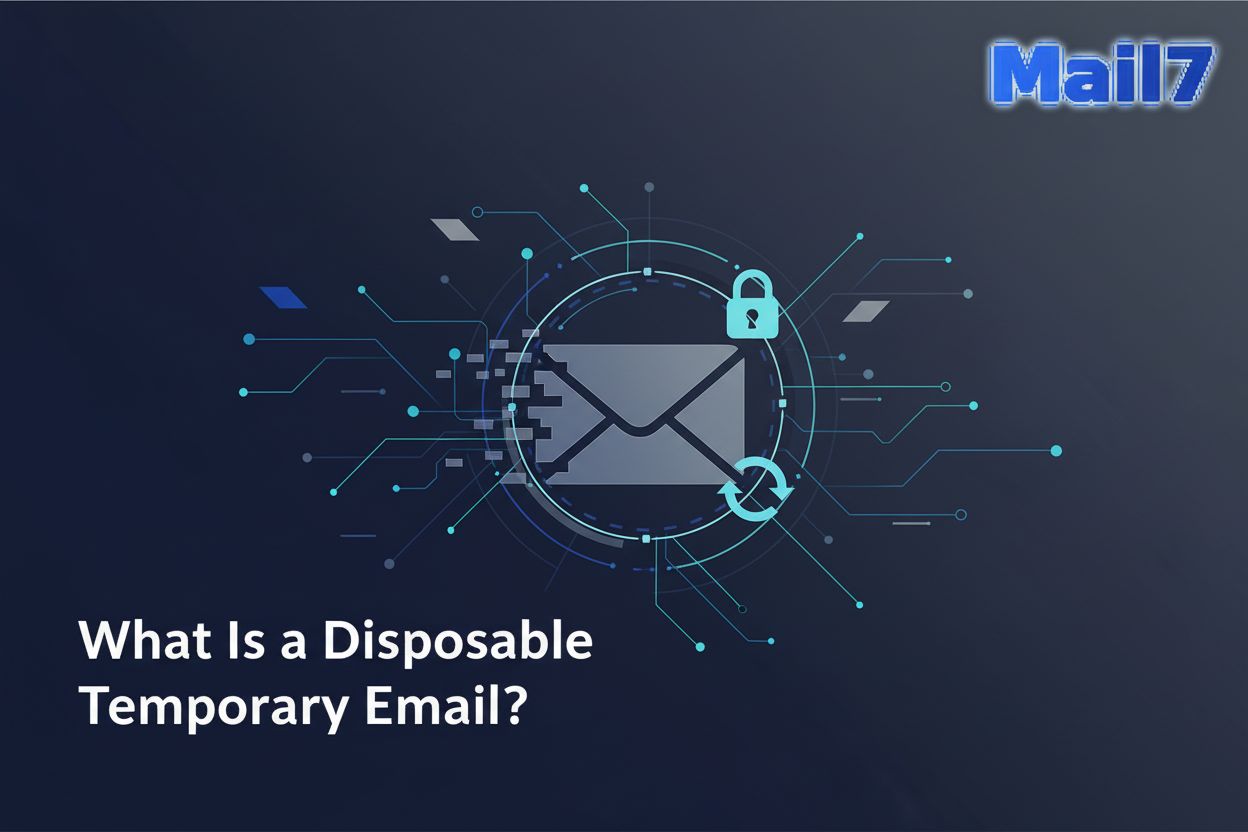What Legislation Protects Against Email Spam?
TL;DR
Understanding the Spam Landscape
Okay, so what is spam, anyway? It's more than just that weird email from "Prince So-and-So" offering you millions (which, c'mon, nobody actually falls for, right?). It's basically unsolicited commercial email (UCE). Think of it as the junk mail clogging up your inbox, only, you know, digital. And it's not just email, either – think about those annoying SMS texts or spammy social media messages too.
Not all marketing emails are spam, though. There's a difference! The key is permission. Legitimate marketing emails follow the rules, like getting your consent first. Spam? It just barges in uninvited. Spammers use all sorts of sneaky tactics, like hiding their real email address or using misleading subject lines. This hurts email deliverability for everyone, not just the spammers themselves. Makes it harder for legit emails to get through, which is super annoying.
Spam's not just a nuisance; it messes with email systems and can even spread malware. And it's been a problem for, like, forever. As early as 2000, there was even talk about anti-spam laws (First Amendment is obstacle to spam legislation - June 9, 2000 - CNN). While there was some discussion of early state laws like one in Colorado around that time, they were often limited in scope.
So, what laws are out there trying to stop this digital plague? That's what we'll get into next.
The CAN-SPAM Act: A US Perspective
Did you know that a law meant to stop spam ended up making it easier for spammers? (FTC lawsuit reminds businesses: CAN-SPAM means CAN'T spam) Seriously! That's kinda how the can-spam act is viewed by some. It's like, "Oh, you wanna send me junk? Just follow these rules!"
So what exactly are those rules? Well, buckle up, cause it's a bit of a list:
- Accurate header info is key: No faking where the email is coming from. Seems obvious, right? But spammers are sneaky.
- Opt-out has to be easy (and honored): You gotta let people unsubscribe, and – here's the kicker – you gotta actually do it when they ask. No more "click here to unsubscribe... and get added to 50 more lists!" shenanigans.
- No lying in the subject line: That subject better match what's in the email. None of that "Urgent! Update Your Account Info!" when it's just an ad for, like, cheap watches.
- Gotta have a real postal address: Yup, a physical address. Makes it a little harder for spammers to hide in the shadows. I mean, are they really gonna put their home address on a dodgy email?
- There's penalties if you mess up: The ftc can fine you, and it ain't cheap. Could really hit ya where it hurts.
And it does impact developers, especially those integrating email functions. You're responsible for making sure your client's email campaigns are compliant. This means things like ensuring your systems can properly handle and display unsubscribe links, accurately pass sender information, and potentially even help manage opt-in preferences.
International Anti-Spam Legislation
So, you thought the US was the only one trying to stop spam? Nah, other countries got in the game too! But, like, they all have different ideas on how to do it. It's a bit of a mess, honestly – but a mess we need to understand.
Canada's Anti-Spam Legislation (CASL): This is way more strict than can-spam. (Beyond CAN-SPAM: Understanding Preemption and the Scope of ...) CASL? It's all about consent. Companies need your explicit permission to send you commercial emails. Not just some sneaky pre-checked box, ya know? It's kinda a big deal for businesses operating in Canada, or even just to Canadians.
gdpr implications for email marketing: and data protection. the gdpr, from the european union, it's not just about spam, but it's has a big impact on email marketing. you need a lawful basis for processing personal data, and that includes email addresses. So, like, if you're sending emails to people in europe, you better have their consent or another legit reason. Other lawful bases can include things like a contractual necessity (if the email is essential for a service they've signed up for), or even legitimate interests, though that one's a bit trickier and requires a careful balancing act.
Regional variations: Spam laws aren't the same everywhere, obviously. Some countries are super strict, others are more lax. This makes it complicated if you're running a business internationally, cause you gotta keep track of all these different rules.
It's a compliance headache, sure, but it's also about respecting user privacy, right?
Practical Implications for Developers & Email Testing
Okay, so we've been diving deep into spam laws, but what does this actually mean for you, the developer? It's not just about avoiding fines, honestly; it is about building trustworthy systems.
Ensuring Compliance in Email Systems: This is the big one. You need to nail those opt-in/out processes. Think double opt-ins, clear unsubscribe links that actually work. And, validating email addresses? Crucial. A simple email verification api can help ya reduce spam sign-ups, and prevent abuse by catching invalid, risky, or disposable email addresses before they even get into your system. Plus, keep an eye on deliverability – nobody wants their emails flagged as spam, right? Deliverability means your emails are actually reaching the inbox, not getting lost in the spam folder. You can monitor this by looking at bounce rates, spam complaint rates, and open rates.
Avoiding Legal Pitfalls: Affiliate marketing can be tricky. Make sure you're not liable for third-party spam, and -- stay updated. Spam laws change, and you don't want to be caught off guard. Documenting compliance efforts? Smart move. It's proof you're doing things right. And if you're ever unsure, don't be afraid to hit up a lawyer!
It's a lot, i knows. But, hey, building clean, compliant email systems? It's worth it.





